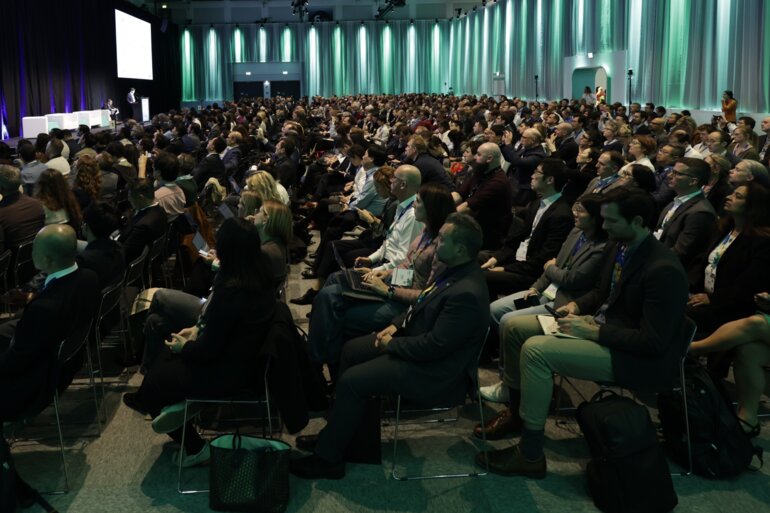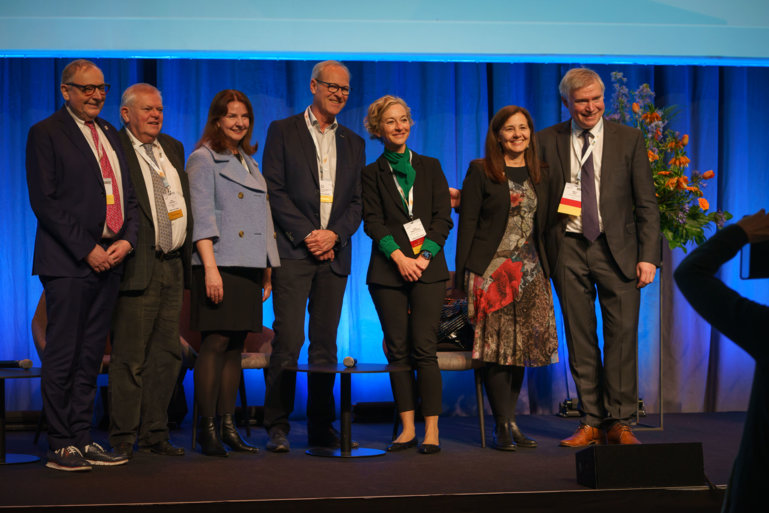
Data from two novel TEAD inhibitors provide the first evidence for the efficacy and safety of targeted treatments in mesothelioma
In early phase studies, IAG933 and VT3989 led to encouraging disease control rates with manageable toxicity

In early phase studies, IAG933 and VT3989 led to encouraging disease control rates with manageable toxicity

Rivoceranib after prior therapy and peri-operative pembrolizumab demonstrates promising efficacy but it is not superior to the current standard therapy

Tarlatamab as first-line therapy and ceralasertib plus durvalumab as maintenance therapy have demonstrated potential efficacy and manageable tolerability

Two studies investigating efficacy of bispecific T-cell engager tarlatamab and lurbinectedin–atezolizumab combination met their primary endpoints of survival

Studies reveal promising evidence for the more precise tailoring of immunotherapy and the role of AI in improving response evaluation

Subgroup analyses from the ADRIATIC study support previous practice-changing findings

In the IND227 trial, more pronounced benefits of the immunotherapy were observed in patients with non-epithelioid histology and regardless of PD-L1 status

Recipient of the Heine H. Hansen Award 2023, Prof. Paul Baas charts the course of mesothelioma treatment over the last 30 years and warns that progress has been made only in some areas of the world
This site uses cookies. Some of these cookies are essential, while others help us improve your experience by providing insights into how the site is being used.
For more detailed information on the cookies we use, please check our Privacy Policy.
Necessary cookies enable core functionality. The website cannot function properly without these cookies, and you can only disable them by changing your browser preferences.